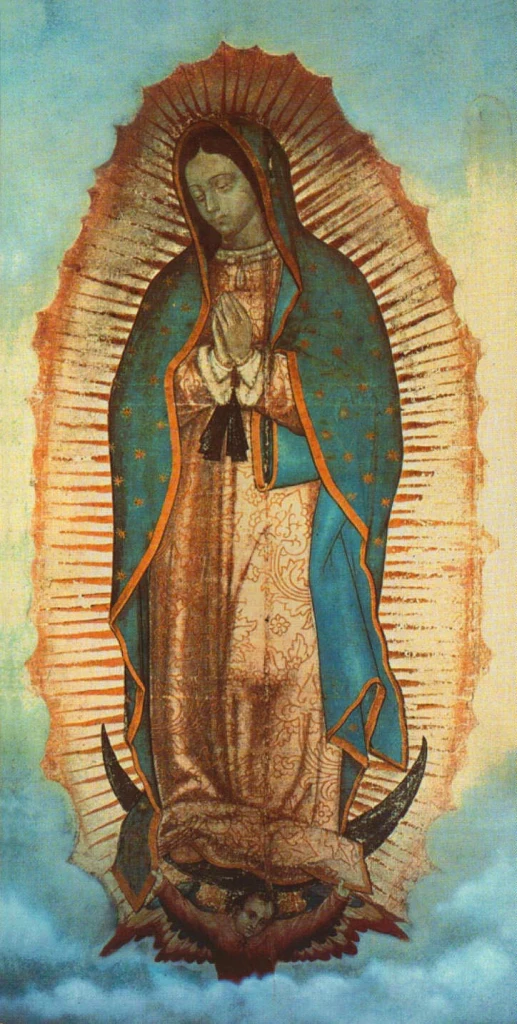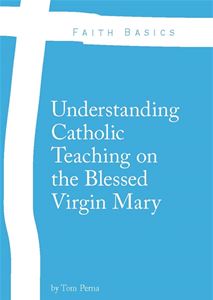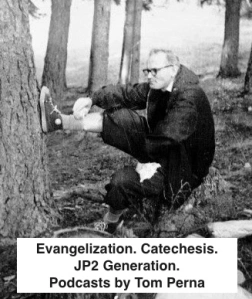With the recent feasts of Jesus’ Circumcision celebrated eight days after Christmas, the Epiphany celebrated this week, and the Presentation of Jesus in the Temple in the weeks ahead, I found it appropriate to discuss with you the Mysteries of Jesus’ Infancy and Hidden Life as taught to us in the Catechism of the Catholic Church.
The Hidden Life of Jesus is often poorly misinterpreted which leads to incorrect assumptions of how our Lord was raised by Mary and Joseph. Although not revealed to us fully in the Sacred Scriptures, the Hidden Life of Christ remains an important part of our understanding of Jesus, particularly in the Gospel of St. Luke since Jesus “increased in wisdom and in stature, and in favor with God and man” (Lk 2:51-52) as well as in the Finding of Jesus in the Temple, which is the event that breaks the silence of Jesus’ hidden life.
Quickly, the Catechism, teaches…
“The whole of Christ’s life was a continual teaching: his silences, his miracles, his gestures, his prayer, his love for people, his special affection for the little and the poor, his acceptance of the total sacrifice on the Cross for the redemption of the world, and his Resurrection are the actualization of his word and the fulfillment of Revelation” John Paul II, CT 9). [#561]
Christ’s disciples are to conform themselves to him until he is formed in them (cf. Gal 4:19). “For this reason we, who have been made like to him, who have died with him and risen with him, are taken up into the mysteries of his life, until we reign together with him” (LG 7 § 4). [#562]
No one, whether shepherd or wise man, can approach God here below except by kneeling before the manger at Bethlehem and adoring him hidden in the weakness of a new-born child. [#563]
By his obedience to Mary and Joseph, as well as by his humble work during the long years in Nazareth, Jesus gives us the example of holiness in the daily life of family and work. [#564]
For a complete understanding of these subjects, I would encourage you to read CCC 527-534. I would also suggest Jesus of Nazareth: The Infancy Narratives by Pope Benedict XVI (Joseph Cardinal Ratzinger).
Categories: Quick Lessons from the CCC









I had a priest many years ago who surmised that the reason why Joseph considered quietly divorcing Mary when she was found to be with child, was because Joseph had been told by Mary enough to convince Him that she was the woman of Genesis 3:15 and her child was the Son of God and therefore Her Husband would be compelled by Jewish tradition, to command her child, the Son of God, and Joseph believed he was unworthy of such authority and honor.
Since all time is eternally present to God, God eternally sees Jesus and Mary, loving, honoring and being subject to St. Joseph as the head of the Holy Family and thereby perfectly revealing the eternal, changeless Divine will. Should we not all do whatever we can to help all people conform their wills to the entire Will of God, including this part where Jesus honored St. Joseph for close to thirty years as the one who offered prayers to God (to Jesus) in the name of the family? Think if more and more people prayed to God, with Jesus, through Joseph and Mary as God eternally sees them praying 2000 years ago. Would God be pleased?
Douglas,
First, in regards to what the priest told you – I have never heard of that before. It doesn’t mean it didn’t happen, but from what is revealed to us in the Scriptures and Tradition, I imagine that’s more speculation than anything. St. Basil the Great writes about Joseph’s conduct towards Mary, but says nothing about what the priest told you.
Second, in regards to praying, through Joseph and Mary, I would say Yes.We know Mary’s role, but many forget the importance that St. Joseph plays since he is not mentioned in revelation to us as much as Mary. He is the Patron of the Universal Church and should be invoked as so and as often as possible. You have challenged me to do so more now. Thank you.
Third, conforming our wills to God’s will is primary. That’s what the Saints all talk about in their writings. Want to be a Saint = align our will with the Will of God.
Hope this helps! Thanks for the comment.